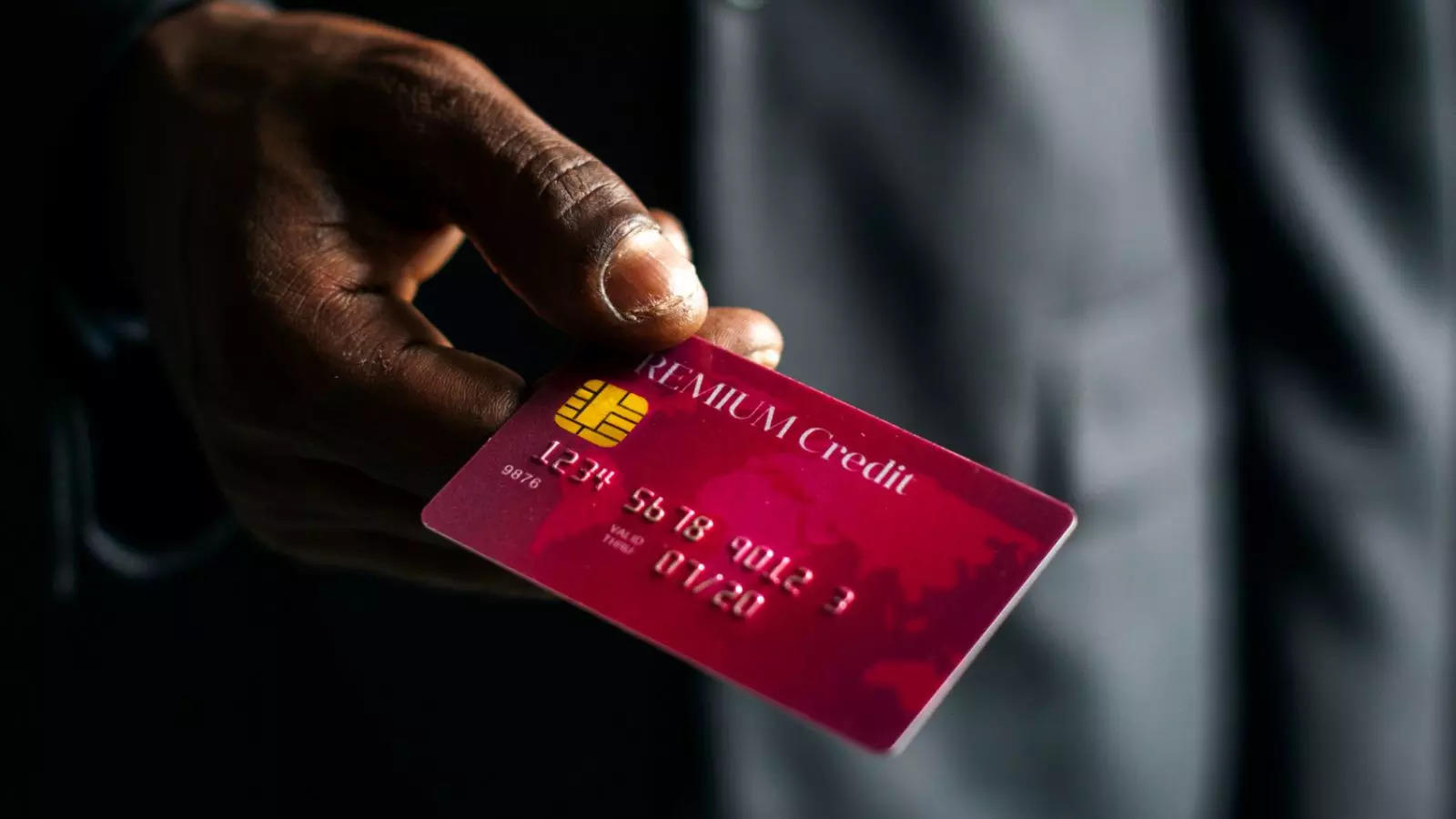Are you frustrated with repeated credit card application rejections? Understanding the reasons behind these denials can help you improve your chances of approval. Banks consider several factors before issuing a credit card . Here are the common reasons why your credit card application may be rejected:
1. Frequent Job Changes
Frequent job changes raise concerns about your financial stability , making banks hesitant to approve your application.
2. Poor Credit Score
A bad credit score, resulting from defaulted loans or late EMI payments, can lead to rejection.
3. Multiple Credit Cards
Holding multiple credit cards simultaneously may indicate excessive credit dependence, reducing approval chances.
4. Lack of Credit History
No credit history or record of loan repayment can make banks uncertain about your creditworthiness.
5. Insufficient Income
Low salary or income below the bank's threshold can indicate inadequate repayment capacity.
6. Applying Too Frequently
Multiple credit card applications in a short period can raise red flags, leading to rejection.
7. High-Limit Credit Card Applications
Applying for high-limit credit cards without established credit history can lead to rejection.
Strategies for Approval:
1. Start with a no-frills, basic credit card with low spending limits.
2. Build a good credit history with your first card.
3. Apply for premium cards after establishing a positive credit record.
4. Consider applying for credit cards from banks where you have a savings account.
5. Ensure a stable income and employment history.
By understanding these factors and adapting your approach, you can increase your chances of credit card approval.
Remember: A rejected credit card application is not the end. Analyze the reasons, make adjustments, and reapply to achieve financial flexibility.
1. Frequent Job Changes
Frequent job changes raise concerns about your financial stability , making banks hesitant to approve your application.
2. Poor Credit Score
A bad credit score, resulting from defaulted loans or late EMI payments, can lead to rejection.
3. Multiple Credit Cards
Holding multiple credit cards simultaneously may indicate excessive credit dependence, reducing approval chances.
4. Lack of Credit History
No credit history or record of loan repayment can make banks uncertain about your creditworthiness.
5. Insufficient Income
Low salary or income below the bank's threshold can indicate inadequate repayment capacity.
6. Applying Too Frequently
Multiple credit card applications in a short period can raise red flags, leading to rejection.
7. High-Limit Credit Card Applications
Applying for high-limit credit cards without established credit history can lead to rejection.
Strategies for Approval:
1. Start with a no-frills, basic credit card with low spending limits.
2. Build a good credit history with your first card.
3. Apply for premium cards after establishing a positive credit record.
4. Consider applying for credit cards from banks where you have a savings account.
5. Ensure a stable income and employment history.
By understanding these factors and adapting your approach, you can increase your chances of credit card approval.
Remember: A rejected credit card application is not the end. Analyze the reasons, make adjustments, and reapply to achieve financial flexibility.
You may also like

Rohit Bal, rockstar of Indian fashion, passes away

IIT Dhanbad students celebrate Diwali in an unique way; send not just a firecracker but also a drum flying; check video here

'Our twins have daddy and papa': A portrait of gay fatherhood

K'taka BJP demands probe by ED, CBI into Waqf board irregularities

Some friends more complicated than others: Jaishankar on India's diplomatic ties







